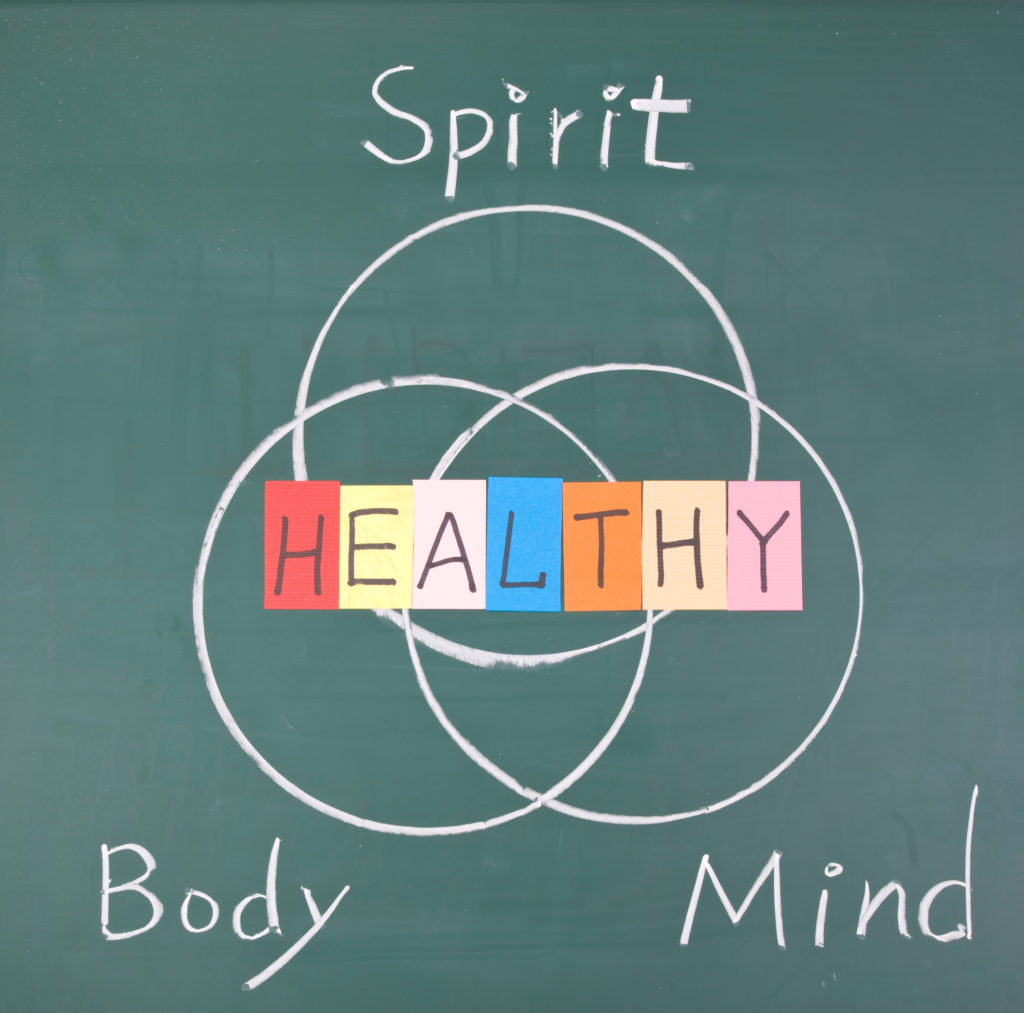The Six Principles of Naturopathy Part 3 – Treat the Whole Person

Treat the Whole Person
Heal the whole person through individualized treatment
Let’s consider one of the outcomes from the way the mechanistic reductionist model works.
Our current healthcare model often groups conditions based on symptoms, then gives the same, or very similar, treatments to that group.
The problem with this approach, is when we get to an individualized level, things get a little homogenized.
This is where I’ll give yet another analogy.
Let’s say I have 10 people in front of me, all of whom come in with the symptom of a headache―a generalized pressure around their temple.
As I study every one of them individually, each one can have a different cause, right?
One person’s cause can be a food allergy; another person may not be drinking enough water and they have a lot of stress; a third cause could be gallbladder dysfunction (which is a well-known cause of various headaches), another could be someone who has been impacted with a head trauma many years prior, and another could be that they love wearing hats but all their hats are too small!
Our current healthcare model often groups conditions based on symptoms, then gives the same, or very similar, treatments to that group.
It goes on and on.
They all have the same symptom, and in conventional medicine, they would all be be given anti-inflammatories.
But to truly resolve this, you have to study the cause and then effectuate a treatment or a therapy tailored to that person. Only then can there be a resolution.
Another clue that you are not treating a cause, is when there is a repetitive treatment that continues for far too long.
For example, if you are always going to the doctor for the same problem.
The same is true with blood pressure medication. If you don’t take it one day your blood pressure spikes.
So as soon as you remove a symptomatic treatment the cause will always reveal itself, because the symptom, the effect, returns full force.
All this said, identifying the root cause of a health problem is not always an easy thing to do.
Life is complex, and many problems are syndromes. These are equivalent to detailed meal recipes that involve various ingredients, each ingredient playing a pivotal role in the outcome.
Nevertheless, the holistically-minded practitioner should always be in search of the deeper causes behind the individual’s symptoms.
So, individualization is key in considering the person as a distinct individual, understanding their unique history, attitudes, behaviors, and their causes.
The practitioner should be respectful of the individual’s cultural background and accommodate individual preferences wherever possible.
One great lesson I learned in my dietetic training, came while doing my community rotations in the WIC department in Lilburn, GA, where I was working with people within their means and preferences.
So often, providers can get stuck in a ‘my way or the highway’ approach, and as a result, end up promoting rigid ideologies that leave the patient frustrated, with their healing impractical and out of reach.
As a patient, it can leave you feeling that if you cannot afford organic food, you can never be healthy, for example.
This is simply not true.
We must meet people where they are and start with the basics.
This is where the right knowledge is of supreme importance. If you are asking nutritional advice from someone who has not fully studied nutrition, then you are not going to get balanced answers.
Lastly, to offer truly individualized therapies the right assessment is key.
The provider must consider the proper tests and evaluations needed to extract the vital information that will help identify causes.
Ask yourself, how much time do you spend with your trusted provider?
Can you get to the bottom of things in just a few minutes? This all takes time to perform carefully, and it’s not unusual for practitioners to allow 2-3 hours for initial assessments.
Life is complex, and many problems are syndromes.
Furthermore, medical technologies are advancing rapidly, and an effective practitioner has to stay up-to-date with current tests―lab tests and other methods―to recommend the most effective strategies for healing.

